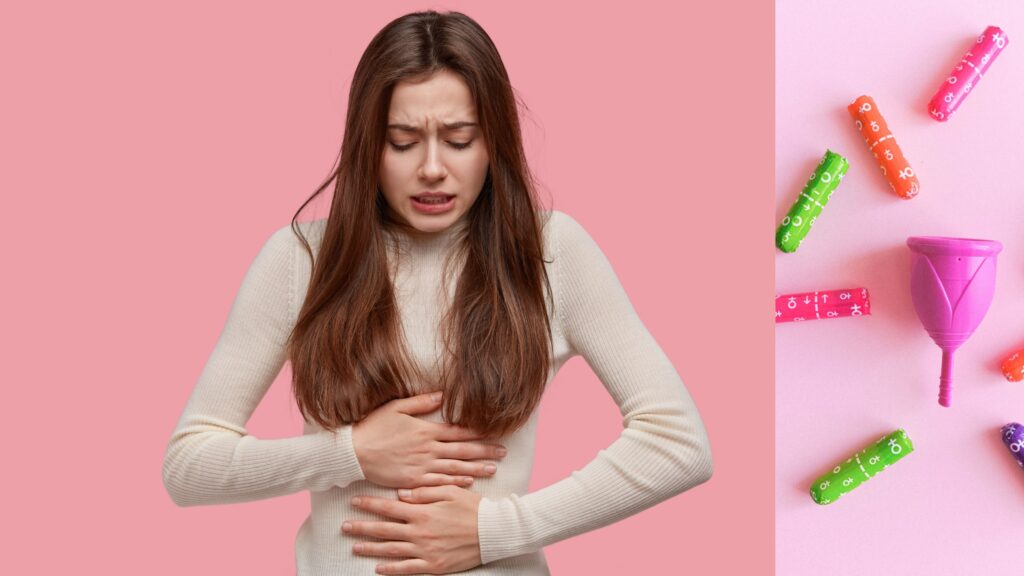Period

A period is the time of the menstrual cycle when a woman bleeds for a few days from her vagina. This occurs around every 28 days for the majority of women. However, it is usual for periods to occur more frequently than this, ranging from day 21 to day 40 of their menstrual cycle.
Your period can last between three and seven days, although it often lasts about five. The first two days of bleeding are typically the most severe.
When your menstruation is the most intense, your blood will be red. It may be pink, brown, or black on lighter days.
During your period, you will lose between 30 to 72ml (5 to 12 teaspoons) of blood. However, some women bleed more heavily than this.
When do menstrual periods begin?
Periods typically begin around 12, but some girls begin earlier or later.
Generally, a delay in the onset of periods is not caused for alarm. By the time girls reach the age of 16 to 18, the majority will have regular periods.
Things You Might Not Be Aware Of Concerning Your Period
- It is possible to become pregnant during your period.
- The period you experience while taking the pill is not a real period.
- Your menstrual cycle varies throughout your life.
- Tampons and pads are not the only options available to you.
- PMS remains a mystery.
The Signs That Your Period Is About to Begin
- Abdominal cramps
- Breakouts
- Breasts that are delicate
- Fatigue
- Bloating
- Bowel problems
- Headache
- Susceptibility to mood fluctuations
- Pain in the lower back
- difficulty sleeping
Period changes
Periods can change — they may become longer or lighter. This may not always indicate a problem, but it should be investigated. Consult your primary care physician or your nearest women’s or contraception clinic.
Bleeding between periods, bleeding after intercourse, or following bleeding menopause should be evaluated by a physician.
It could be caused by an infection, abnormalities in the womb’s neck (the cervix), or, in rare situations, malignancy.
If you skip a period and have had sex, you may be pregnant. Consult your physician if you’ve taken a pregnancy test and received a negative result (you are not pregnant) and have missed three consecutive periods. They will conduct an investigation and provide any required treatment recommendations.
When do periods come to an end?
Periods will continue until you reach menopause, which typically occurs between the late 40s and mid-50s. Menopause happens on average at the age of 51 in the United Kingdom.
Your periods may become less frequent over a few months or years, eventually ceasing entirely. They may come to an abrupt halt in some instances.
For products and information about the period and all the body changes emerging to a girl, visit the Femplete store on Amazon, https://www.amazon.co.uk/femplete.
